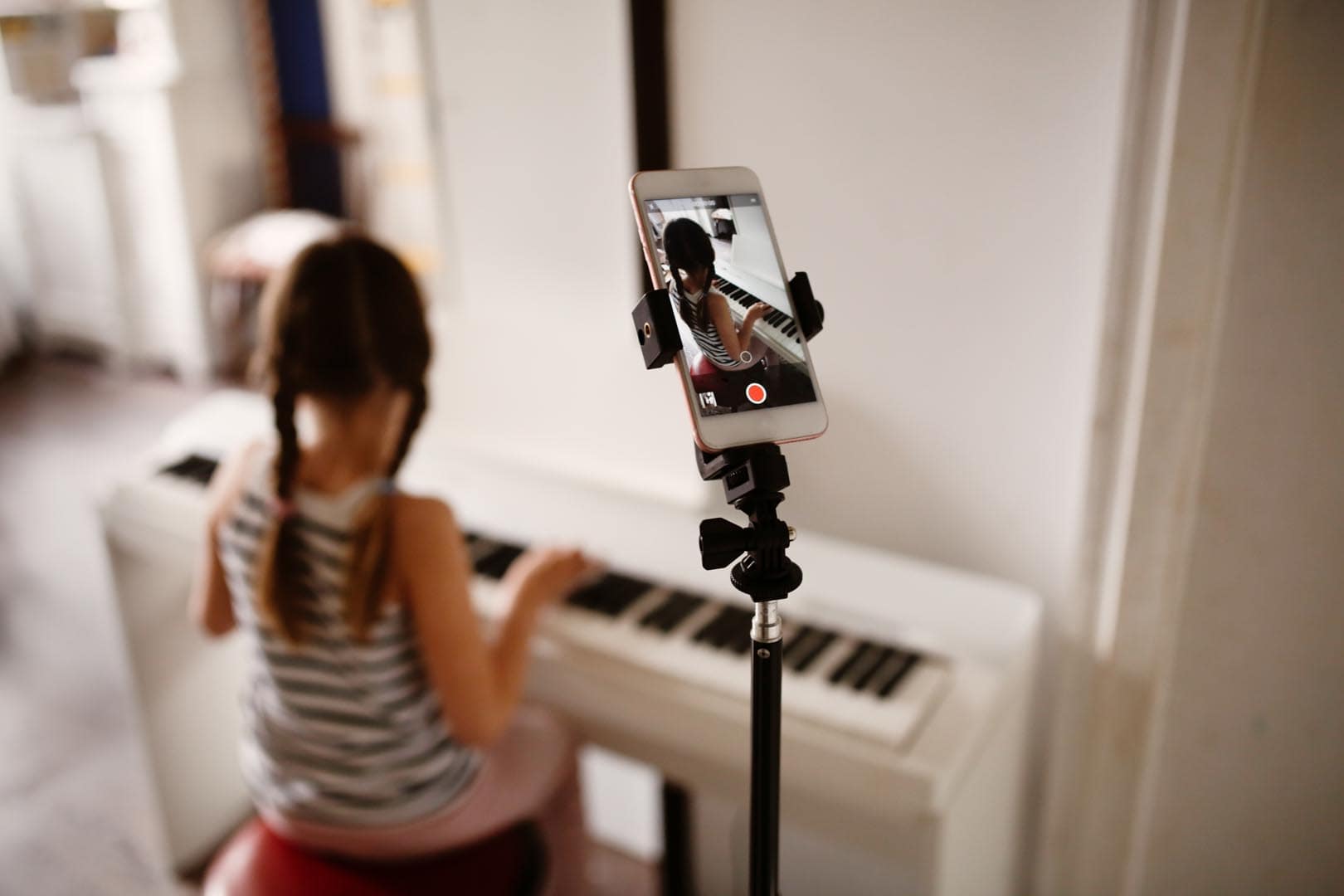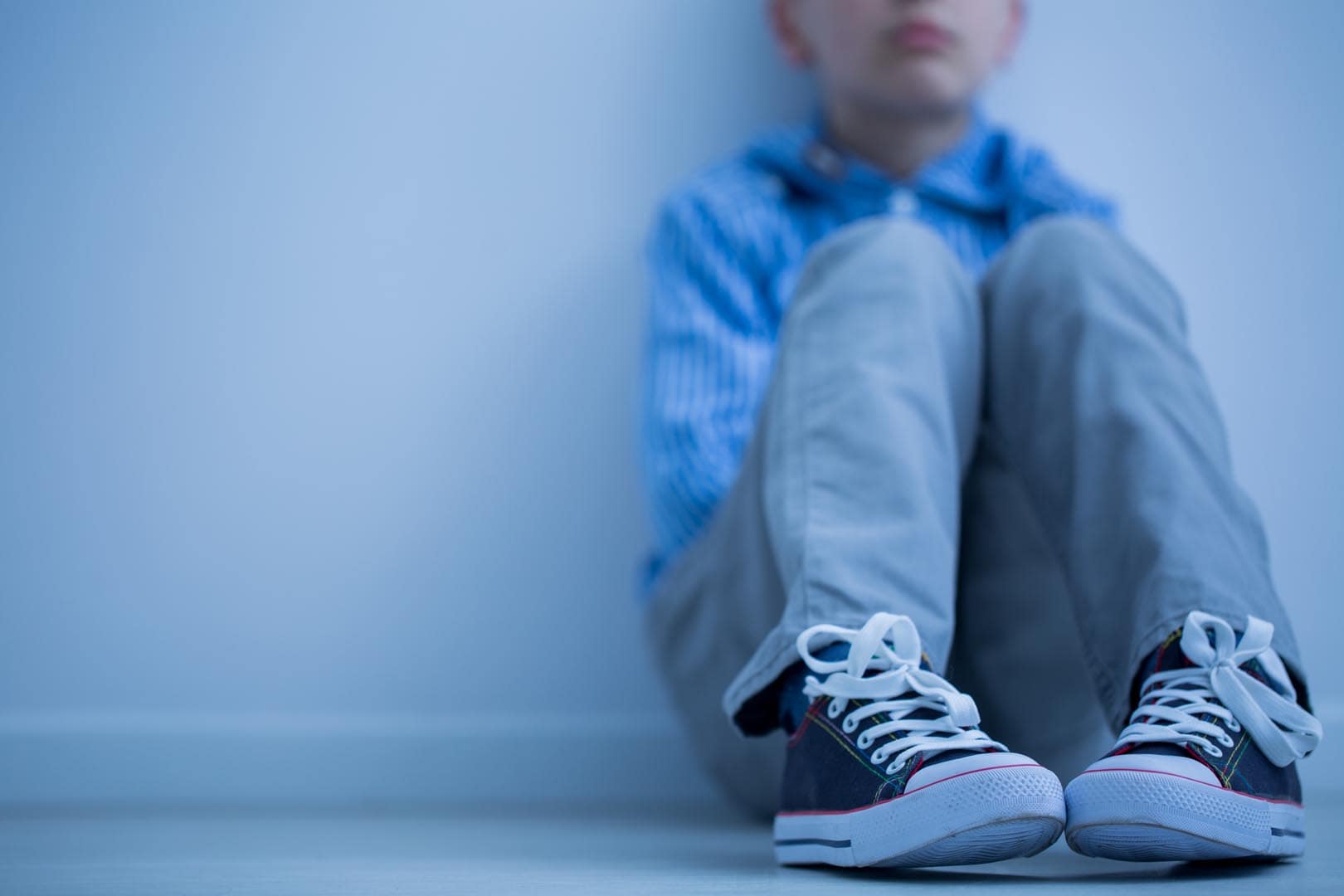P.L.A.Y. in the Home
P.L.A.Y. is the \’ Play and Language for Autistic Youngsters\’ program developed by Richard Solomon, MD, through the support of the National Institutes of Mental Health. The 3-year program started in 2009 with a $1.85 million grant from NIMH and is based on the DIR/Floortime model designed by child psychiatrist Dr. Stanley Greenspan.
Starting P.L.A.Y.
Dr. Greenspan’s \’Developmental, Individual-differences, Relationship-based\’ or DIR structure, also known as \’ Floortime\’ is brought into your home and a consultant who helps you learn how to use the program with your child. Monthly visits by consultants focus on coaching, modeling the use of video feedback. The consultant will help teach you how to engage your child in ways that encourage emotional connections and communication.
By training you, the parent, to participate in your child’s interventions, it also helps alleviate some of the costs of other intervention methods. The P.L.A.Y. project costs about $4,000 a year as opposed to other professional interventions that can cost you $40,000 to $60,000 a year.
How it Works
Initially, a parent is given a P.L.A.Y Project CD-ROM that covers some of the basics for using the DIR/Floortime intervention techniques. A Home Consultant will visit your home about once a month and videotape segments of the home visit for evaluation. The consultants all have degrees in related fields such as Speech, Psychology, Occupational Therapy, and Special Education. The consultants will then review the video segments and give you advice on how to improve certain areas as well as encourage areas you are doing correctly.
Treatment Results
The P.L.A.Y project has shown promise in helping parents provide intervention to their children. During the first year of the project under Dr. Rick Solomon’s supervision, 68 children with autism were evaluated over the course of 8 to 12 months. During that time, 47 percent of the children made good progress – escalating 1 to 1.5 functional developmental levels during the study – another 32 percent made fair progress. The National Institutes of Mental Health is collaborating with the Easter Seals plan to expand the study with the use of the additional $1.85 million grant money.








